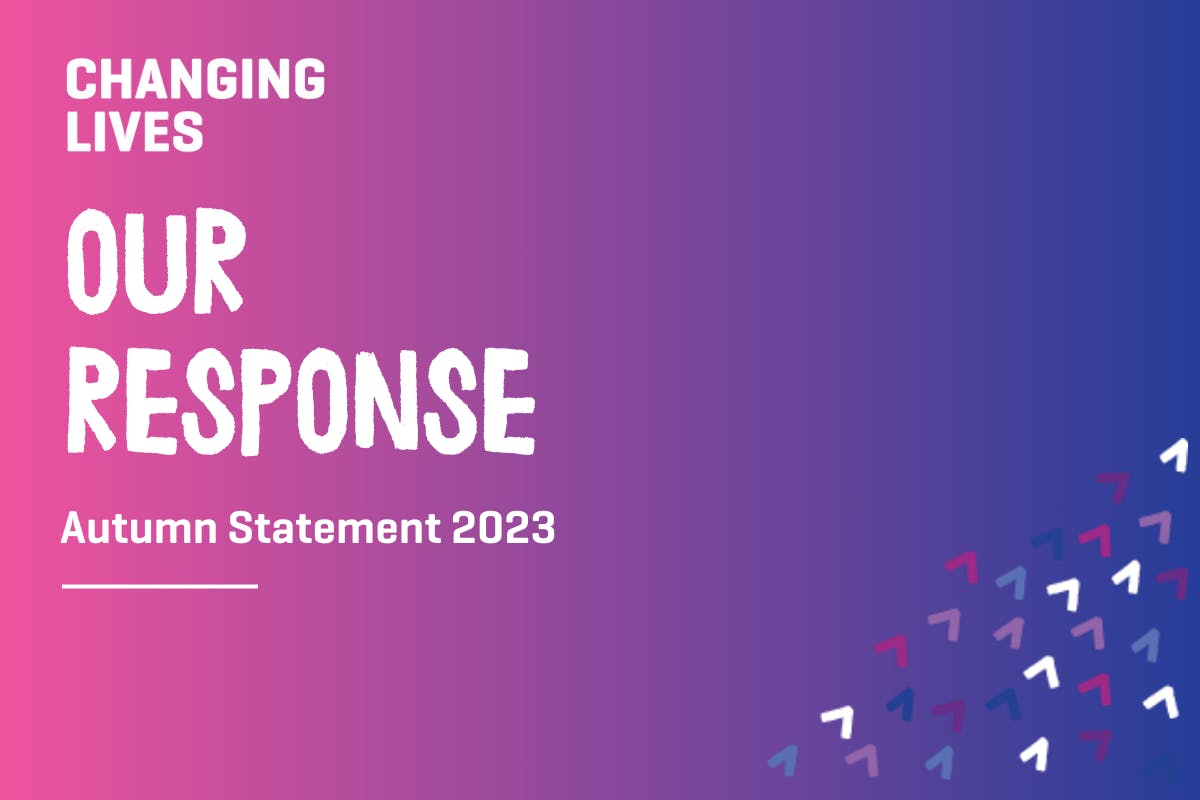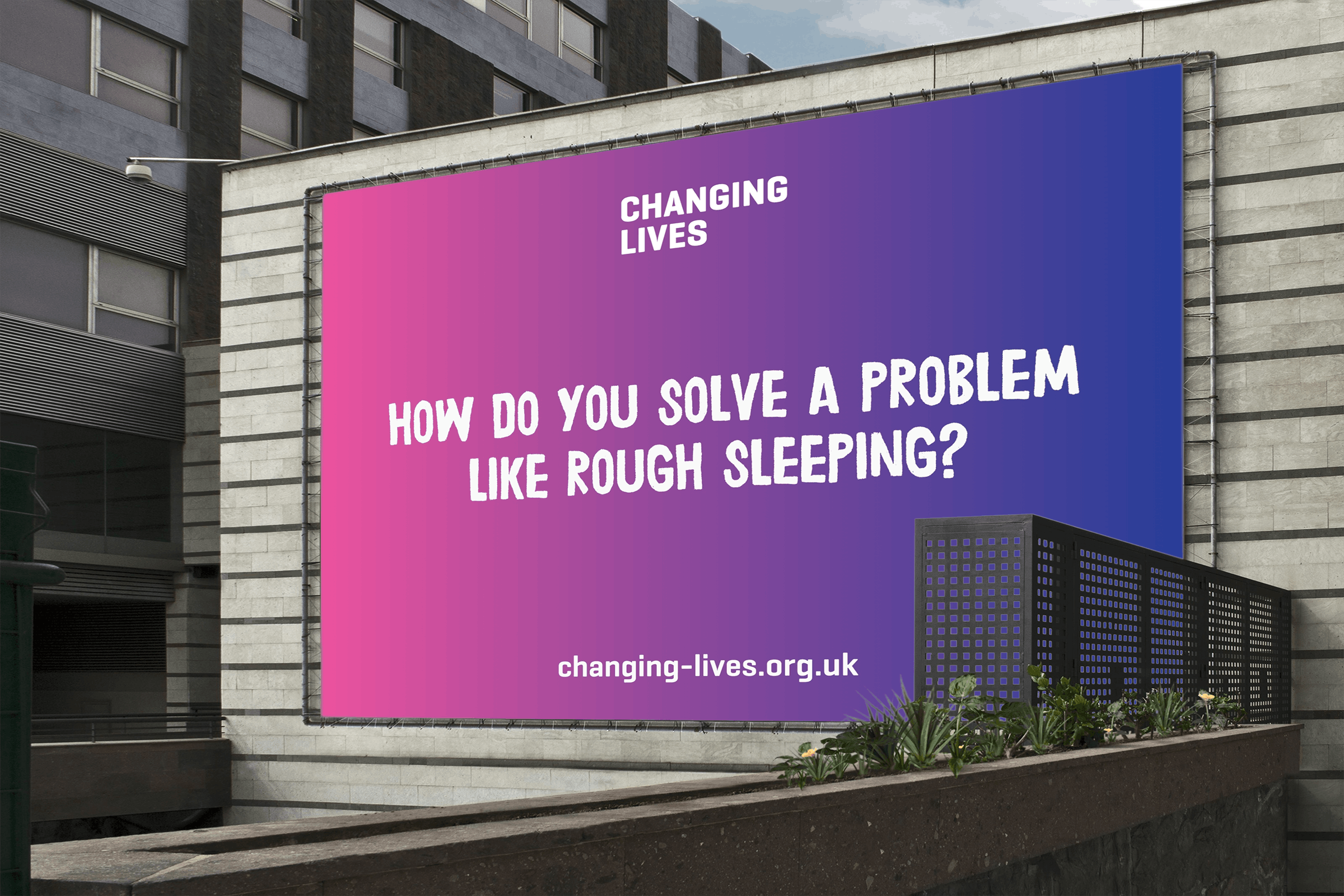As the country heads to the polls on 4th July, we are calling on the next government to take action to break down barriers for those facing multiple disadvantage and social exclusion and ensure that everyone in society realises their full potential.
We believe that people should not be defined by what has happened to them but that, with the right support and the right systems in place, everyone has the potential to live a flourishing life.
As a charity delivering frontline services, we hear firsthand from those affected by government policies and we seek to amplify the voices of those not often heard by those in positions of power. People have told us about their hopes and ambitions, but also about the barriers that they face to moving on from their difficult experiences.
Society’s wellbeing is interconnected with the wellbeing of every individual within it. By tackling the root causes of disadvantage and the systems that keep people trapped in poverty, addiction and trauma, we can create a society where everyone is able to realise their full potential. Together we can find solutions to the thorny problems faced by our communities and ensure equitable treatment of all members of society.
We are therefore asking all parliamentary candidates to commit to the following pledges:
• Prevention: Prioritise tackling the challenges that people face before they escalate.
• Resilience: Ensure that people can access stable and resilient public services, including those delivered by the third sector.
• Support: Consider the needs of and empower those experiencing the greatest levels of disadvantage and social exclusion.
• Equality: Ensure that the gender-specific needs of women are considered across government policy.
Our manifesto, Breaking Down Barriers, sets out a series of proposed solutions to challenges that will be faced by the next government. These challenges and solutions have all been developed based on what we see and hear in our services and feedback from staff and the people we support.
Will the next government take action to listen and respond to the voices of those so often ignored by society?






